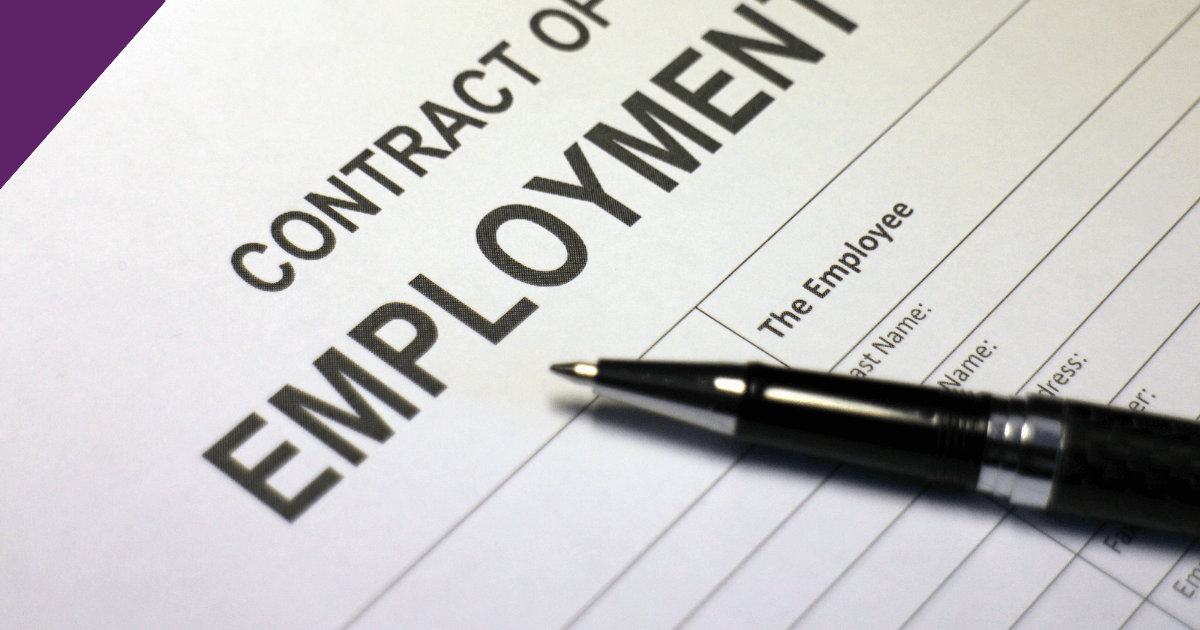Options
When you have an issue with your staff, there are a few options:
1 – DIY
2 – Instruct an Employment Solicitor
3 – Work with an HR Professional
As you might imagine, all of these have their pros and cons.
Do It Yourself
Unfortunately, doing what feels right isn’t necessarily the right thing to do. Employment law may dictate what you must do and whether something feels morally right is almost irrelevant if it isn’t legally right.
On top of employment legislation, there is also best practice, case law and Guidelines. Employers often make the mistake of ignoring these elements, and you do so at your cost.
Some employers / managers will take what they have done previously and apply it again in their new environment. This doesn’t take account of any changes in legislation or best practice. Just because you have always done something a certain way, does not mean you can continue to do so. Keeping up with the changes and the implications of those changes is essential. You have to know, not just guess or assume.
Employment Solicitor
If you are going to instruct a solicitor, it is essential that you instruct an employment law specialist, not a generalist solicitor who does employment on the side – they don’t have enough knowledge and experience. They must be living and breathing employment law to even get close to understanding how an employer must act and respond in each specific situation. They can’t just read the legislation in a book (I have seen this and was horrified).
It is very rare for an employment solicitor to have actual business management experience. They will know what the law is, and they are legally only allowed to advise you on the legislation – their insurance and practice licence ensures this. They can draft contracts and employee handbooks, but they will be legally led, and the language is often necessarily legalistic.
There are some things which you must go to an employment solicitor for and for which an HR professional will not be able to help. There are two main examples of this:
The first is a settlement agreement. Only a solicitor or a trade union representative with the relevant training and insurance is permitted to advise on and sign off a settlement agreement for an employee. An HR Professional can write and advise on a settlement agreement for an employer, but not for the individual employee.
The second area is advising on the chances of a win in an employee tribunal. An HR professional is highly unlikely to have the relevant insurance to advise and represent and employee taking an employer to an employment tribunal. While individuals can represent themselves, a case hinges on whether the law has been broken. While an employee may feel morally and passionately that they have been treated wrongly, it will come down to whether the law has been broken, and whether that is in letter or spirit. Speaking to a highly experienced employment solicitor is absolutely essential for any individual considering a case in the employment tribunal.
Human Resources
HR is about the management of the employee throughout their employment. From Hiring to Firing and EVERYTHING in between. An HR professional will advise and administer recruitment, onboarding, probation periods, pay, performance, attendance, training, career progression, compensation and reward. They will work with line managers or business owners to implement policies and procedures and will enable them to manage their staff effectively and legally.
Everything the HR specialist does is based on employment law, but not constrained by it. The legislation sets the minimum standards, but employers can go above and beyond, as long as in doing so they don’t breach the legislation.
A good HR partner will write and advise on contracts, policies, procedures and processes so that they are not only legally compliant, but so that they all hang together to support the company culture as well as organisational operational goals and long-term vision. The business owner’s approach to risk will also be taken into consideration. Some will want a “belt and braces” approach while others will want a “I’ll fire first and deal with any consequences later” approach.
Fees
The costs for the three options will vary significantly.
Obviously, if you are doing things yourself, this is the cheapest option in the short term. You may be able to access online documents for a small fee or even for free. These will not be customised for your business and will need amending with extreme care.
Hiring an HR Professional will cost you anything between £50 and £200 per hour depending on the service and experience that you are buying. Packages and fixed fee work may also be available.
Instructing a solicitor will be the most expensive option. Fees for a junior will usually start at £250 per hour, but could go up to £600 per hour. Again packages and fixed fees may be available for some types of work. You will often need to pay a retainer up front and employment solicitors do not usually work on a “no win, no fee” basis like other solicitors do.
Choosing the right advisor
As with anything when you are dealing with people, there is a huge difference between individuals.
You can get some employment lawyers who are very business focussed and who will look beyond the employee relations brief to include recruitment, reward and development.
Equally, you may find HR professionals who haven’t got a clue and will only be a specialist in one area or who are only interested in policing businesses, failing to consider the wider implications of their advice or decisions.
You get what you pay for, but you can also get a better deal by buying the right support for your business.
For some matters you absolutely need a solicitor. For other types of support, you are better working with an HR partner. Good solicitors and HR professionals will have strong partnerships and will cross refer to each other or work together depending on the expertise and support required.
Always ensure you are comfortable working with the person. If you are putting your trust in someone, you have to have a good relationship with them and trust them to do the right thing for you.
Don’t employ the first person you speak to.
Get references.
Make sure you understand whether you need a solicitor and therefore need to pay the higher fees or whether an HR professional is better suited to your situation.
Likewise, ensure that an HR professional is qualified to support you – not all ‘HR professionals’ are qualified, and they don’t have to be. Some are qualified by experience, and this may give you a better level of support than someone who has the qualification, but no experience.
At the end of the day, you are 100% responsible for your business and that incudes who you appoint as your advisors and what you pay for that advice.





